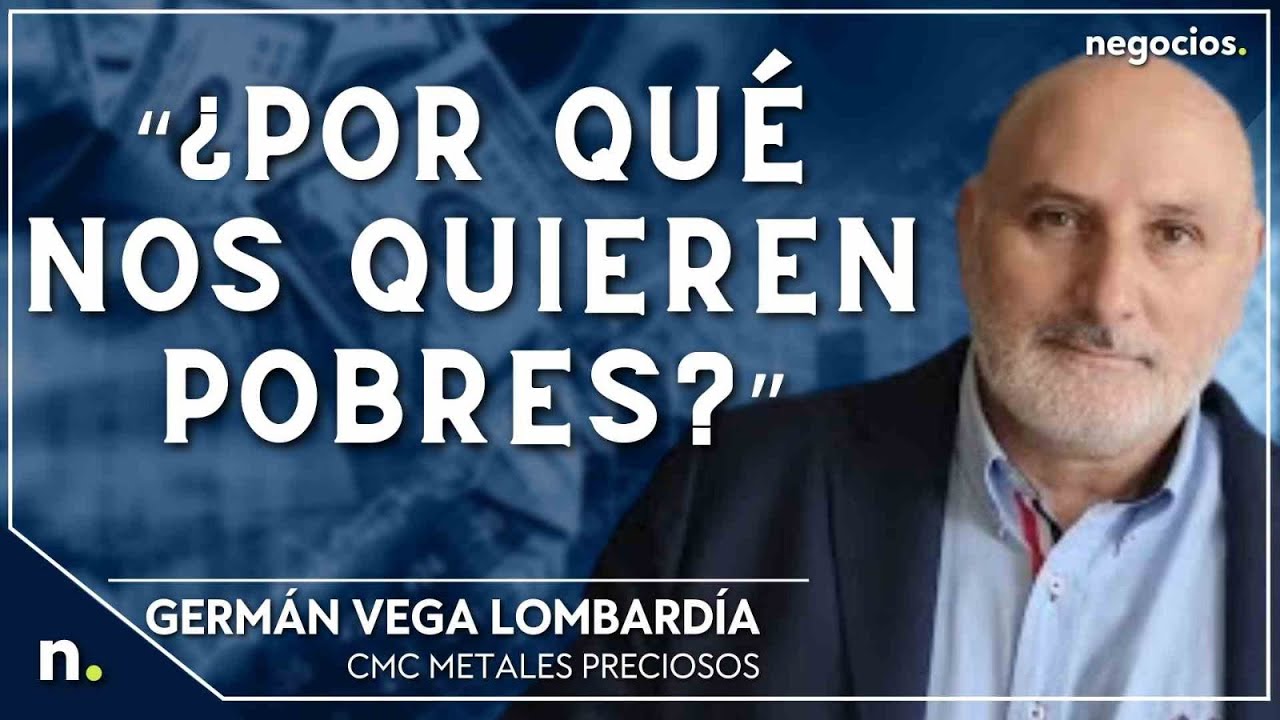“¿Por Qué Nos Quieren Pobres?”. Germán Vega
Unleash Your Creative Genius with MuseMind: Your AI-Powered Content Creation Copilot. Try now! 🚀
Mining, oh mining! From the ancient gold mines of Las Médulas here in Spain to the mines in Romania, let's talk about minerals, mines, and metals. And who better to shed light on this topic than Germán Vega Normandía Lombardía, the director of Precious Metals?
Mining is an integral part of human evolution. Just like agriculture, fishing, and livestock farming, it is a fundamental pillar of our society. When we study history, we learn about the Bronze Age, the Iron Age, and the significant role mining played in shaping our civilization.
But like any other activity, mining must be well understood and managed. It is necessary, just like the iron objects we see around us. We need metals, and in the year 2023, with advanced technologies and environmental awareness, mining can coexist with respect for the environment. Mining doesn't necessarily ruin landscapes; in fact, it is essential.
The Marvels of Las Médulas
Let's start with Las Médulas in Spain. This unique landscape was once a thriving ancient gold mine. It holds a significant place in history as the main mine where the Romans extracted gold. The entire mining process, from operations to administration, has been meticulously documented. What we see today is just a small fragment of what was once a bustling mining site.
Yes, that little piece of rock you see there contains gold ore. And mining for gold can be a relatively straightforward process. With a bit of water, the ore turns into mud, and adding a small amount of mercury helps extract the gold. Of course, mercury is toxic and can be harmful to health. However, there are alternative refining methods that are safe and cost-effective, such as using borax.
The point is, mercury is not necessarily required for gold refining. It's just one option among many. But let's not forget the significance of Las Médulas. This landscape, declared a UNESCO World Heritage Site, showcases the historical importance of mining. However, some countries may have voted against its recognition due to concerns about the potential damage caused by human intervention. It's a valid point, but perhaps declaring it a World Heritage Site is more about preserving its historical significance than preventing future mining activities.
The Enigma of Roșia Montană
Now, let's shift our focus to Roșia Montană in Romania. This mine, also declared a UNESCO World Heritage Site, holds the title of being the largest and most important gold mine in Europe. Its archaeological galleries date back to the Roman era. But what happened here? We have to go back to the time of Ceaușescu, the Romanian dictator obsessed with paying off the country's debt.
Ceaușescu's extreme measures included rationing food, water, and medication, affecting the lives of the Romanian population. His ultimate goal was to pay off the debt, and Roșia Montană became a battleground for protests. Eventually, the mine was closed. However, the UNESCO recognition raises questions. Is it truly about preserving the site's historical value, or is it a way to prevent any future mining activities? It makes one wonder why they want us to remain poor.
The Paradoxical Closures
Let's explore more examples beyond Spain and Romania. Almadén, the source of the mercury we mentioned earlier, is another UNESCO World Heritage Site. This mining town, located in Europe, was once a significant producer of mercury. But there are other mercury mines, like the one in Idrija, Slovenia, which is also closed and declared a World Heritage Site.
Mining for mercury has its risks, but it also has its applications. However, the closure of these mines raises the question of whether it's necessary to close them entirely. Couldn't they have been managed in a way that balances economic development and environmental preservation?
On the other hand, we have the San Fernando Saltworks, a mine for salt. Obtaining salt from a saltworks is an incredibly
